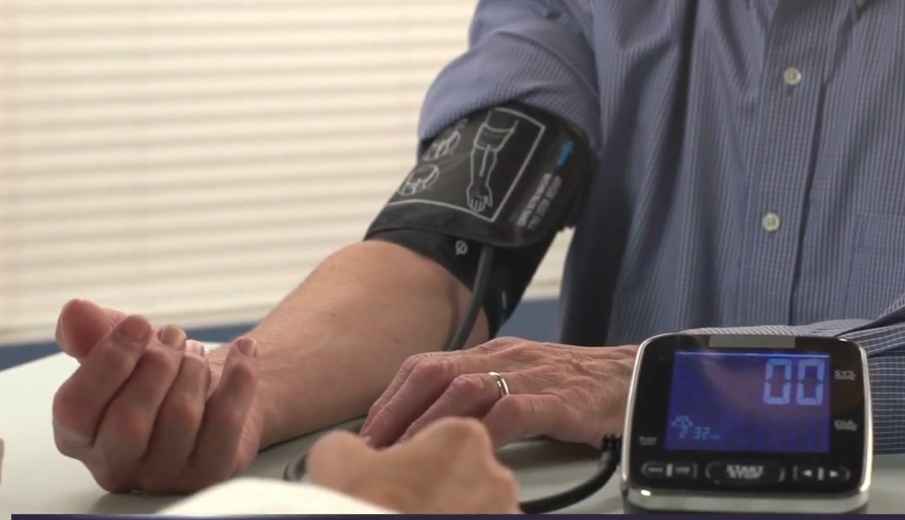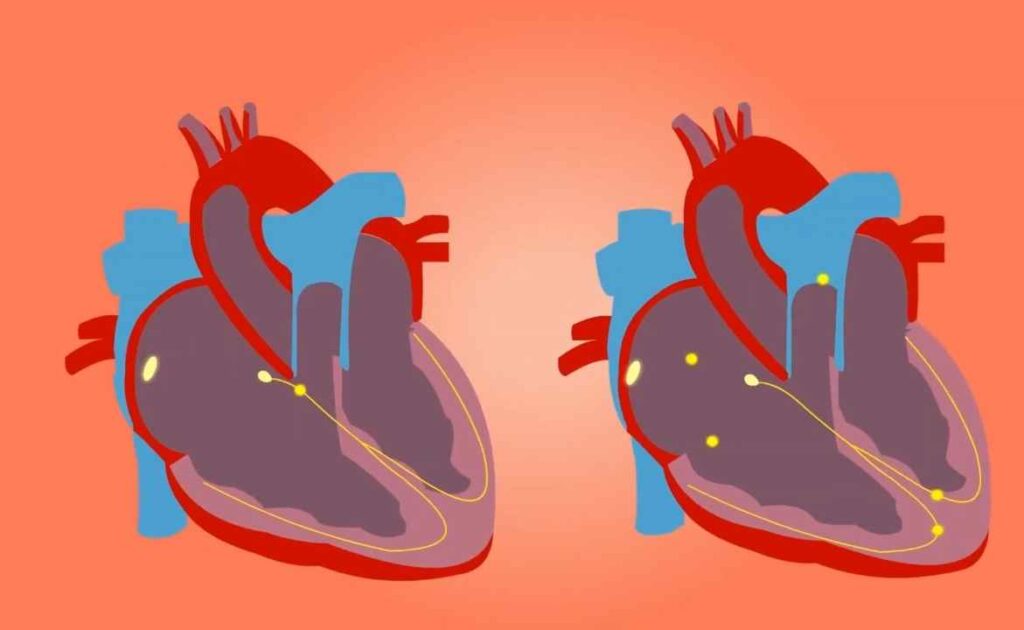There is no definitive answer to this question as everyone reacts differently to air conditioning.
Some people may find that their blood pressure rises when they are in a cool environment, while others may not notice any change.
If you are concerned about how air conditioning affects your blood pressure, it is best to speak to a doctor or medical professional.
If you suffer from hypertension, or high blood pressure, you may want to think twice before cranking up the AC.
A new study has found that air conditioning may raise blood pressure in people who are already susceptible to the condition.
The study, which was conducted in China, looked at 1,000 adults with hypertension.
Half of the participants were exposed to air conditioning for two hours a day for five days, while the other half spent those five days in a room with natural ventilation.
At the end of the study period, researchers found that systolic blood pressure (the top number in a blood pressure reading) had increased by an average of 3.5 mmHg in the group exposed to air conditioning.
That may not sound like much, but it could be enough to increase your risk of developing cardiovascular disease.
So if you have hypertension and live in a hot climate, it might be best to stick to fans or open windows instead of cranking up the AC.
Of course, this is just one small study and more research is needed before any definitive conclusions can be drawn.
But it’s something to keep in mind next time you’re trying to stay cool during a heat wave!

How Does Temperature Affect Blood Pressure?
As we all know, blood pressure is the force of your blood moving through your arteries.
Temperature can have an effect on this force.
When it’s cold outside, your blood vessels constrict to keep heat in and this can cause an increase in blood pressure.
Conversely, when it’s hot outside and you are sweating, your blood vessels dilate to help cool you down, which can decrease blood pressure.
So how does temperature really affect blood pressure?
There have been studies that show both an increase and decrease in blood pressure with changes in temperature, but there isn’t a definitive answer.
It seems that individual response to temperature changes varies greatly.
Some people’s blood pressure will rise when they are exposed to cold temperatures while others will see no change or even a drop in their blood pressure.
The same goes for exposure to warm temperatures.
So if you are someone who is concerned about their blood pressure, it might be worth paying attention to how you feel after being exposed to different temperatures.
If you notice a consistent pattern of your blood pressure changing with temperature changes, then you can take steps to adjust accordingly (e.g., dress warmly if cold weather consistently raises your BP).
However, if you don’t notice any consistent pattern, then temperature probably isn’t having much of an effect on your BP and there is no need to worry about it too much.

Can a Cold Room Increase Blood Pressure?
It’s a common myth that being in a cold room can increase your blood pressure.
While it’s true that colder temperatures can cause your blood vessels to constrict, which can, in turn, slightly raise your blood pressure, the effect is usually temporary.
It isn’t significant enough to cause any long-term effects.
So if you’re wondering whether you should avoid cold rooms if you have high blood pressure, the answer is probably no.
However, it’s always a good idea to talk to your doctor about what temperature is best for you and to monitor your blood pressure closely if you do choose to spend time in a cold room.
Can you please elaborate on Cold Water bath decreasing blood pressure and Cold temperature increasing blood pressure? Is it not contradicting?
Not arguing Surya but here is my thought about it (from my small brain)
The effects of cold water baths and cold temperatures on blood pressure are two different physiological responses and can seem contradictory at first glance. However, they are distinct processes that occur in the body due to different mechanisms.
cold water baths and cold temperatures have different effects on blood pressure due to distinct physiological responses. Cold water baths, such as in a cold plunge or cold shower, trigger the diving reflex and result in a temporary decrease in blood pressure. On the other hand, exposure to cold temperatures causes cold-induced vasoconstriction, leading to a temporary increase in blood pressure. Both responses are part of the body’s adaptive mechanisms to cope with cold conditions and ensure its survival.